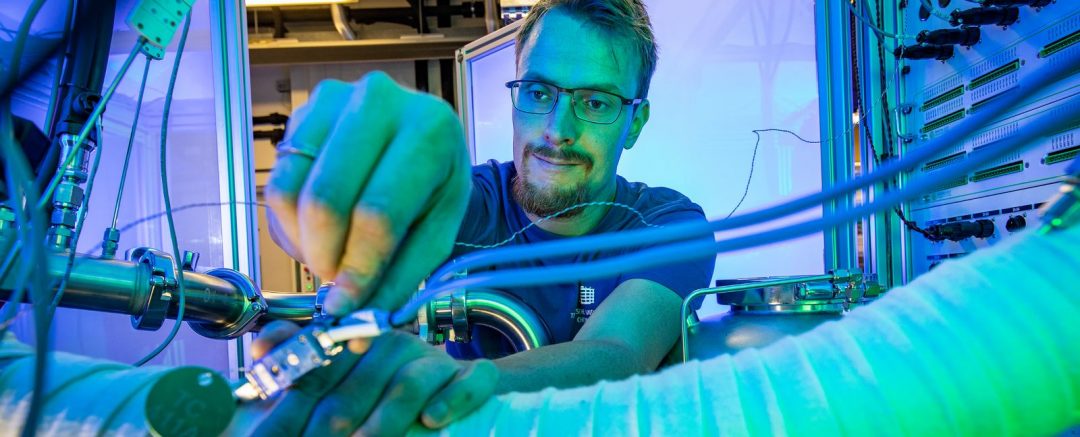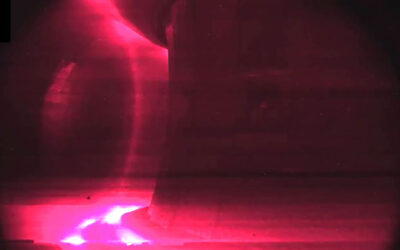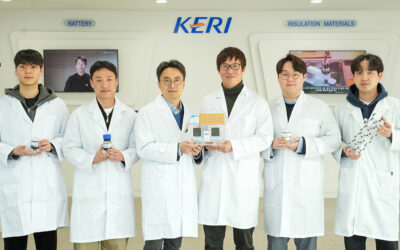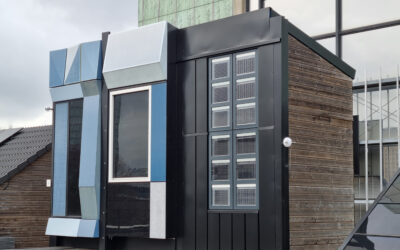Electric drivetrains with fuel cells are expected to be part of future low-emission mobility, especially for larger and long-range commercial vehicles. However, current fuel cells, such as the hydrogen fuel cell, are expensive to produce, as their designs use costly materials. To address this problem, the technology company, Continental, is expanding its fuel cell technology sector through a strategic collaboration with the Chemnitz University of Technology, to establish the Fuel Cell Laboratory for Fuel Cell Technology.
Leading scientist, Prof. Dr. Thomas von Unwerth, Head of the Department of Advanced Powertrains, Chemnitz University of Technology, has an excellent reputation in his field of research and in the development of fuel cells, due in large part to his years of expertise. Working with Continental, the new Fuel Cell Materials Laboratory on the university campus is now one of the most modern H2 laboratories in Germany.
“The special technical equipment at the laboratory is unparalleled in the European university landscape,” says Thomas von Unwerth. “The heart of the new system is a high-performance test bench that accommodates permanent testing of powertrain performance up to 150 kilowatts. In the future, the test bench can also be converted up to 300kW. This lays the foundation for the development of next-generation fuel cells and fuel cell systems.“ Geared towards a networking-based outlook, third-party companies can also use the laboratory.
In order to test the performance of new fuel cells under different, real-world conditions, the lab’s test bench is able to simulate changing environmental conditions and workloads, something that is essential for assessing the performance of fuel cells. The tests are carried out at different temperatures, pressures, humidity, and additionally under simulation of different load requirements, such as weight or mountainous terrain.
Initial measurement tasks involving innovative materials for fuel cells are already underway and are setting the basis for mass production of efficient and economical components and elements. Since powertrain fuel cells are still struggling with high costs, one of the first two Continental projects in the fuel cell laboratory is dedicated to the development of new bipolar plates. These metallic plates are a central component of the fuel cell stack, which disperse gases and dissipate the current generated by their reaction.
“The goal of the project is the preparation of a large-scale production of new bipolar plates with a higher energy density, which allows for smaller dimensions and overall makes more economical systems a possibility,” explains Stephan Rebhan, Head of Technology and Innovation at Continental‘s Powertrain Division. During the course of their second project, controllers and control algorithms for the efficient operation of fuel cells will be developed.
The team hopes that their collaboration and innovative work will lay the groundwork for the next generation of cost-effective and efficient fuel cells to power us into a sustainable future.

















